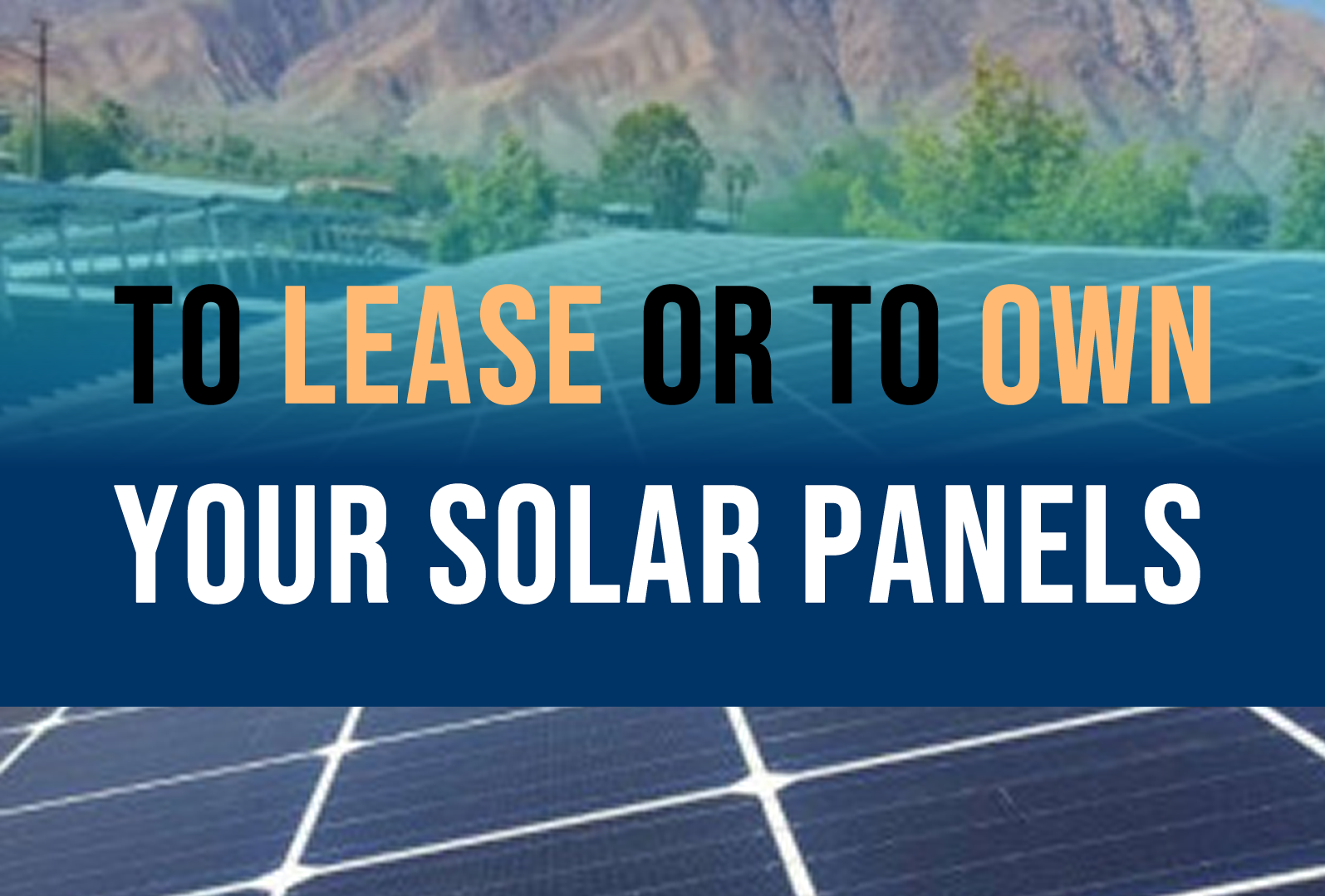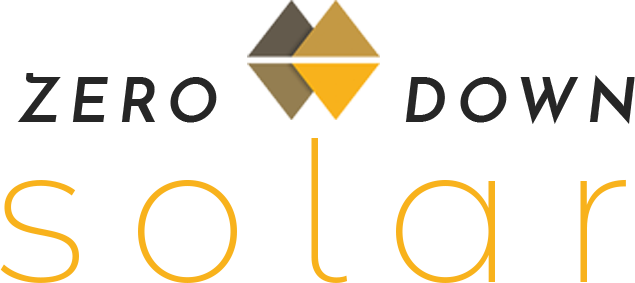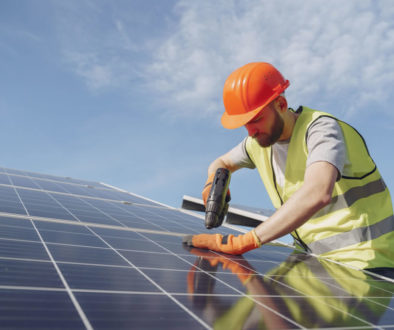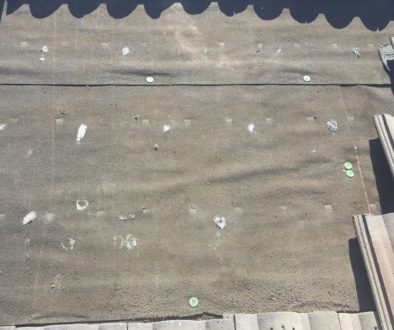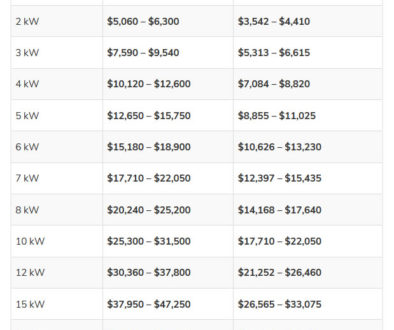How does a solar lease work?
How does a solar lease work?
In our opinion solar leases should be avoided for a number of reasons:
Solar leases vs tie customers to always having to pay for electricity, and although the rate may initially seem attractive, it can end up being more than paying SDGE. You need to be educated about how a solar lease works.
Buying a home with leased solar panels:
They devalue your house as leases have to be assumed by potential buyers upon the sale of the home. Many buyers are educated about solar leases and understand that buying solar is a much better option.
Although solar leasing companies may claim that there is zero cost to the customer for installation, it may not take into account any electrical panel upgrades/trenching needed.
Own or lease solar panels: Cons of Leasing (read an article)
Although leasing once seemed a good option, now with so many $0 down financing options, buying is always the better way to go. As a lessee, you will have to reconcile the benefits of leasing with:
How does leasing solar panels work?
Contractual terms: Solar leases or PPAs typically last 20 years – sometimes longer. On one hand, two decades is a long time. On the other hand, many utility companies already enjoy a local monopoly, which is tantamount to a lifetime “contract.”
No tax benefits: Owning your own solar panels usually qualifies you for the federal ITC (Investment Tax Credit) of 26% and other local rebates – click here to see if your house qualifies for a solar rebate. If you lease your system, the leasing company gets to enjoy those benefits – not you.
Lack of ownership: Those solar panels don’t belong to the homeowner, they belong to somebody else. To many homeowners, not having control over equipment that sits on top of their homes simply isn’t appealing.
Hidden Costs of a Solar Power Lease
As with most home improvement efforts, leasing solar panels isn’t free from unexpected costs. Even if a solar lease appears straightforward and you like what you’re hearing from the solar leasing company, keep the following possibilities in mind and mitigate them by performing due diligence.
Insurance premiums: Depending on your homeowners insurance policy, installing solar panels on your roof could leave you with a higher premium. By the same token, solar panels could lower your premium, but you should talk with your insurance provider before committing to a lease.
Roof damage and rebuilding: Solar panels are mounted to your roof, and there’s a chance they will damage it. Be sure your lease specifies who is responsible for damage to the roof and who will cover any necessary rebuilding or restoration. If you’re responsible for those costs, you need to know about it.
Remember, you’re about to make a serious modification to your home. Checking with your insurance company and understanding your lease are part of your homework. “Hidden” costs won’t be hidden if you’re aware of them!
Buying Solar Panels
In a sense, solar panels are the same thing today that they were ten years ago: an investment. The difference is thanks to lower costs, they now can quickly deliver a positive return.
Unfortunately, solar panels have five figure price tags before rebates or tax incentives. Though much more affordable than a few years ago, the price of solar panels still puts them out of reach for many would-be cash buyers, hence the popularity of leasing.
Pros of Buying
Why purchase your own solar panels? The answer is simple: more money in your pocket. Invest in solar panels today, and you will reap financial rewards in the future.
